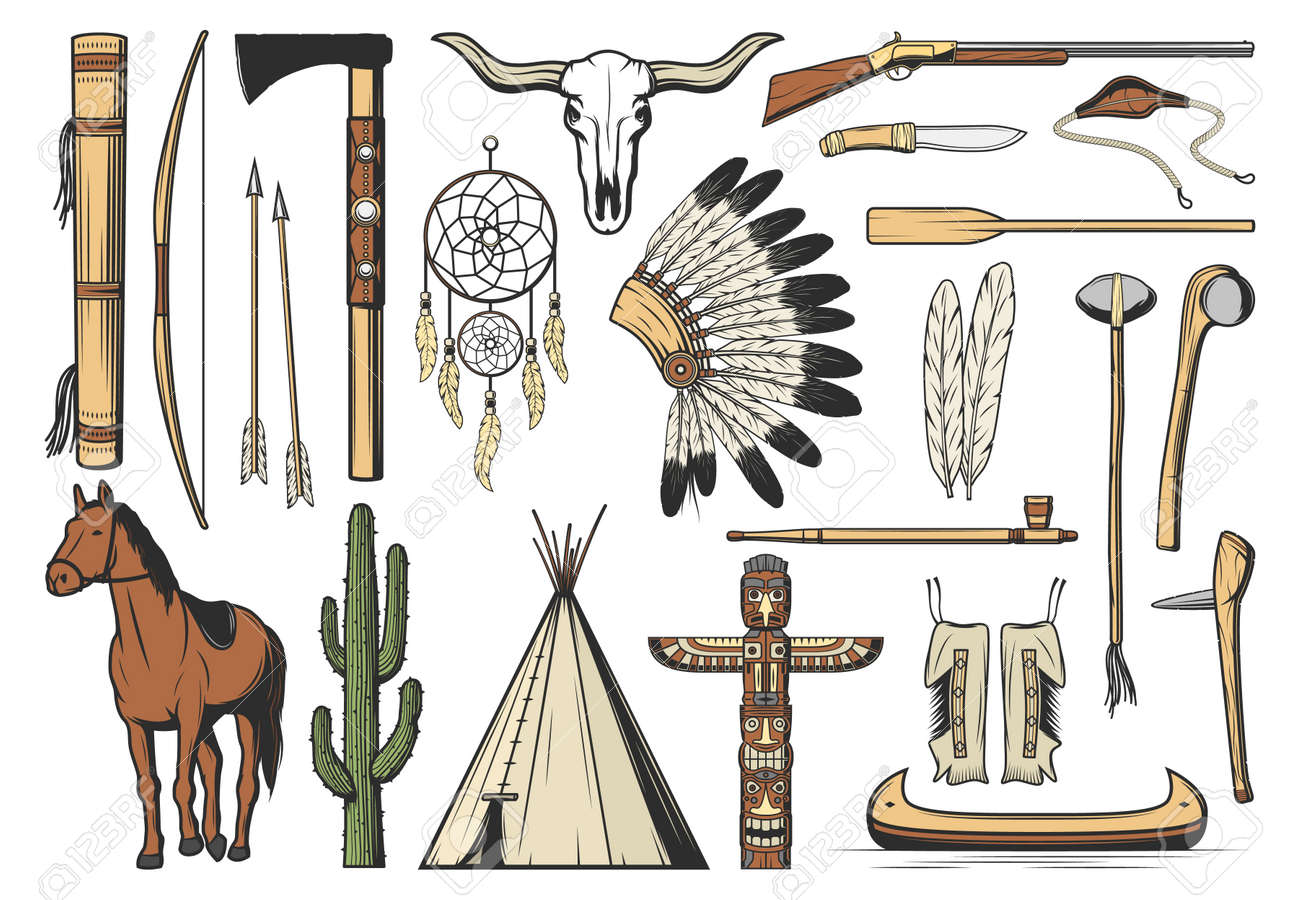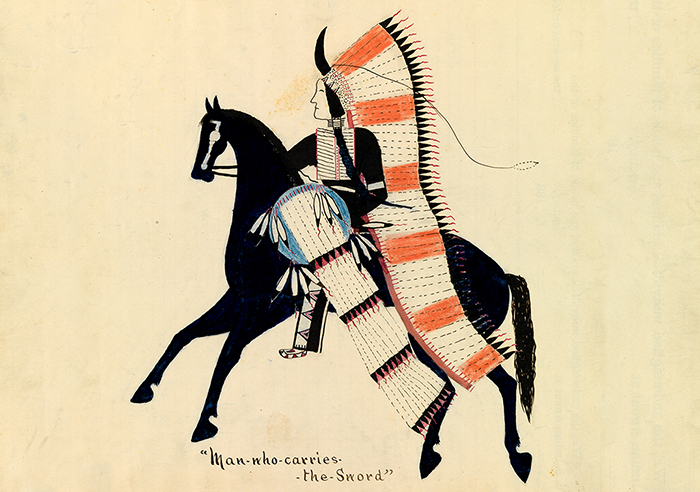The Cultural Significance of Horses in Native American Tribes

Horses hold a profound place in the history and culture of many Native American tribes. Introduced to the Americas by Spanish explorers in the 16th century, horses quickly transformed the lifestyles, economies, and spiritual practices of indigenous peoples across the continent.
Historical Context

| Period | Event/Impact |
|---|---|
| 1500s | Spanish introduce horses to the Americas |
| 1600s-1700s | Horses spread among Plains tribes |
| 1800s | Horses integral to hunting, warfare, and trade |
The arrival of horses revolutionized transportation and hunting methods, especially for tribes in the Great Plains such as the Lakota, Cheyenne, and Comanche.
Roles of Horses in Native American Tribes
Transportation and Mobility
Horses enabled tribes to travel greater distances more efficiently, facilitating trade, communication, and migration.
Hunting and Warfare
The horse was essential for hunting buffalo, a primary food source, and also transformed warfare tactics, allowing for faster raids and defense.
Economic Value
Horses became a form of wealth and status symbol. Tribes often measured wealth by the number of horses owned.
Spiritual and Cultural Symbolism
Many tribes viewed horses as sacred beings. They appear in myths, ceremonies, and art, symbolizing freedom, power, and connection to the spiritual world.
Cultural Practices Involving Horses
- Ceremonial Uses: Horses were featured in dances, rituals, and rites of passage.
- Art and Storytelling: Horses are common motifs in beadwork, paintings, and oral histories.
- Naming and Bonding: Horses often received names reflecting their traits or the tribe’s values, and strong bonds were formed between riders and their horses.
Frequently Asked Questions (FAQ)
Q: How did horses change Native American societies?
A: They enhanced mobility, hunting efficiency, and warfare capabilities, leading to shifts in social structures and economies.
Q: Were horses considered sacred?
A: Yes, many tribes held horses in high spiritual regard, incorporating them into religious ceremonies and cultural narratives.
Q: Which tribes are most associated with horses?
A: Plains tribes such as the Lakota, Comanche, and Cheyenne are especially known for their horse cultures.
Summary
The horse is more than just an animal in Native American cultures; it is a symbol of transformation, survival, and identity. Understanding this relationship offers valuable insights into the resilience and richness of indigenous traditions.
Would you like me to enhance the slide with more detailed examples of specific tribes’ horse-related customs, or perhaps include notable historical figures associated with horses?
Follow-up tasks:
- Add detailed tribe-specific customs
- Include historical figures related to horses
- Expand FAQ section with more questions